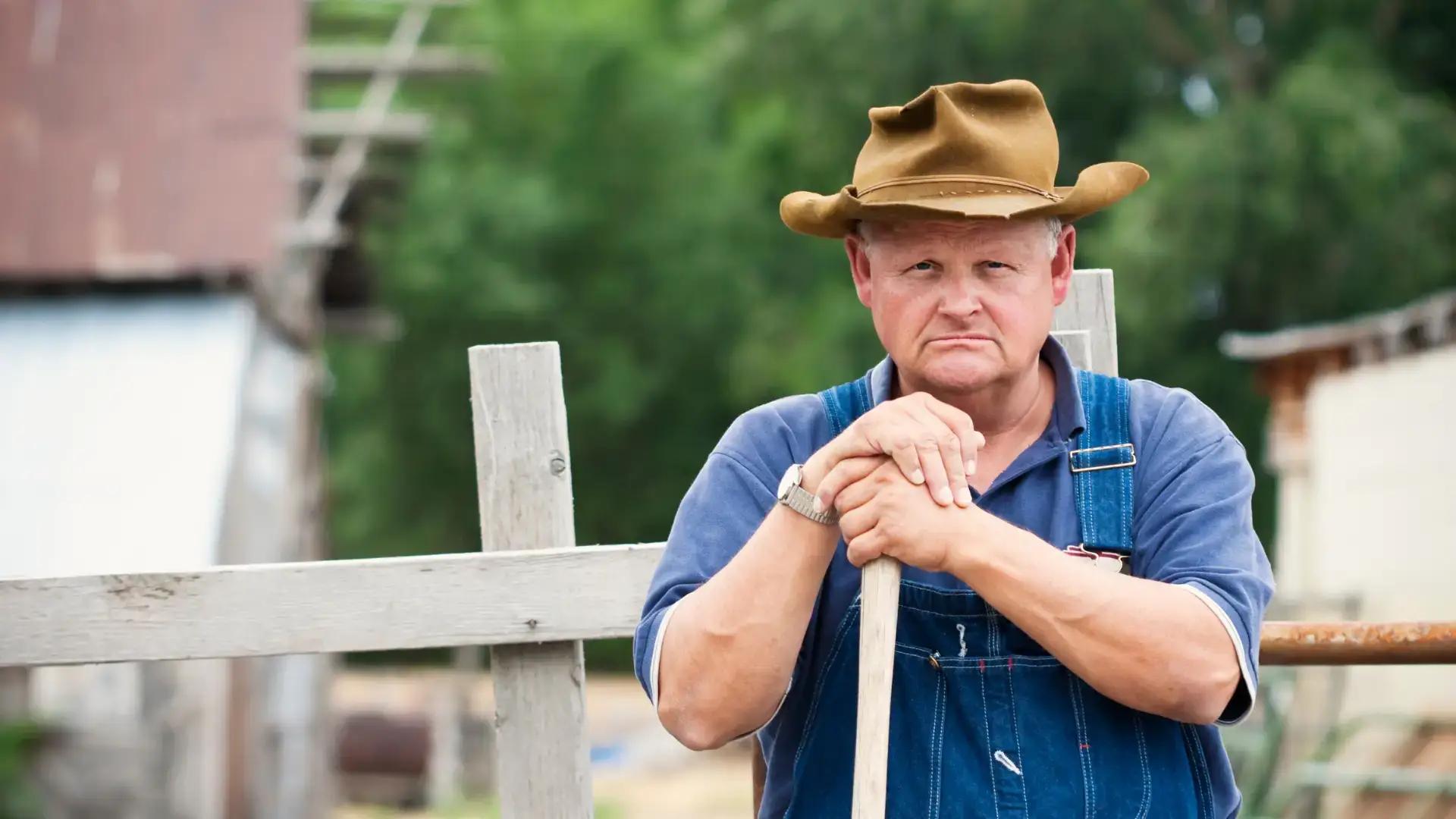In today’s edition, we look at how many salespeople destroy their value by asking the wrong question: “What’s your budget?” It sounds harmless, but it immediately shifts the focus to cost instead of value.
Read further to see why that question damages perception, and what to ask instead to position yourself as the premium solution. This week’s suggested resource: 52 Qualifying Questions
Let’s dive in…
Successful brands that have thrived for decades are proof that price isn’t the problem.
But perhaps perception is.
There are subtle (and not-so-subtle) ways to shape the way your brand is seen by your prospects.
And there’s one common sales question that instantly destroys the premium-ness of your brand.
More on that in a minute…
First, let’s look at a simple real-world scenario.

Take two coffee shops.
Same street, same kind of coffee.
But everything else is different.
The first one is a chain, with fluorescent lighting, plastic tables, no music, and a queue system with an exhausted barista. It’s £2.80 for a flat white. And it’s functional, and fast, but forgettable.
The second is an independent place tucked in just a few doors down. You’ve got warm lighting, wooden counters and tables, with black steel legs. The space is large, open, bright and peaceful. The barista serves you with a radiant smile. You get real ceramic cups. And that fancy latte art that they do. It’s £4.10 for the same flat white.
Same ingredients. Nearly double the price.
And yet, you don’t flinch because the experience feels worth more.
In fact, by the time you stepped in the door, you already expected to pay a premium.
Why?
Because deep down, we all value quality.
And quality is something we sense before the transaction ever happens.
That’s the experience you need to give your prospects.
Just like the second coffee shop didn’t need a sign that said, “Premium coffee here,”
you shouldn’t have to tell anyone your service is high-quality and expensive.
You should show them, from the first moment they interact with you.
Now let’s look at how you can “show” (not “tell”) everyone that your services are top quality.
But first, keep this in mind:
When you ask, “What’s your budget?”
And just like that, you’ve walked them into the first coffee shop.
You hand over control.
You sound like everyone else.
You invite negotiation.
You lower the perceived value of what you do.
Top-tier services earn their status through the experience they create, not the discounts they offer.
Rolls-Royce. Emirates. Apple.
They don’t ask, “What are you willing to pay?”
They build experiences that make people want to pay more.
So, you need to show them what makes your solution worth more, before you ever talk numbers.
That starts with asking better questions. The kind that get to the impact, not the budget.
So to show value before talking price, ask things like:
- How do you choose between quality and price?
- What other key metrics within the business could be affected if this issue isn’t resolved soon?
- What’s this issue costing you right now?
- What happens if nothing changes in the next 6 months?
- Have you tried solving this before? What did you invest?
- How is this problem affecting your team’s productivity or morale?
- If you could solve this tomorrow, what would it unlock for the business?
- Where does this sit in terms of business priority right now?
- Who else in the company feels the pain of this issue?
- What’s the long-term cost if this continues for another year?
- What would a successful outcome look like, and how would you measure it?
- Have you tried solving this internally? What got in the way?
These questions shift the frame.
From cost to consequence.
From price to value.
And here’s a bonus tip: Focus on asking open-ended questions. These questions allow the conversation to continue, and your replies will allow it to flow.
Because when buyers understand the impact of their problem, they stop looking for the cheapest option. They start looking for the best one.








